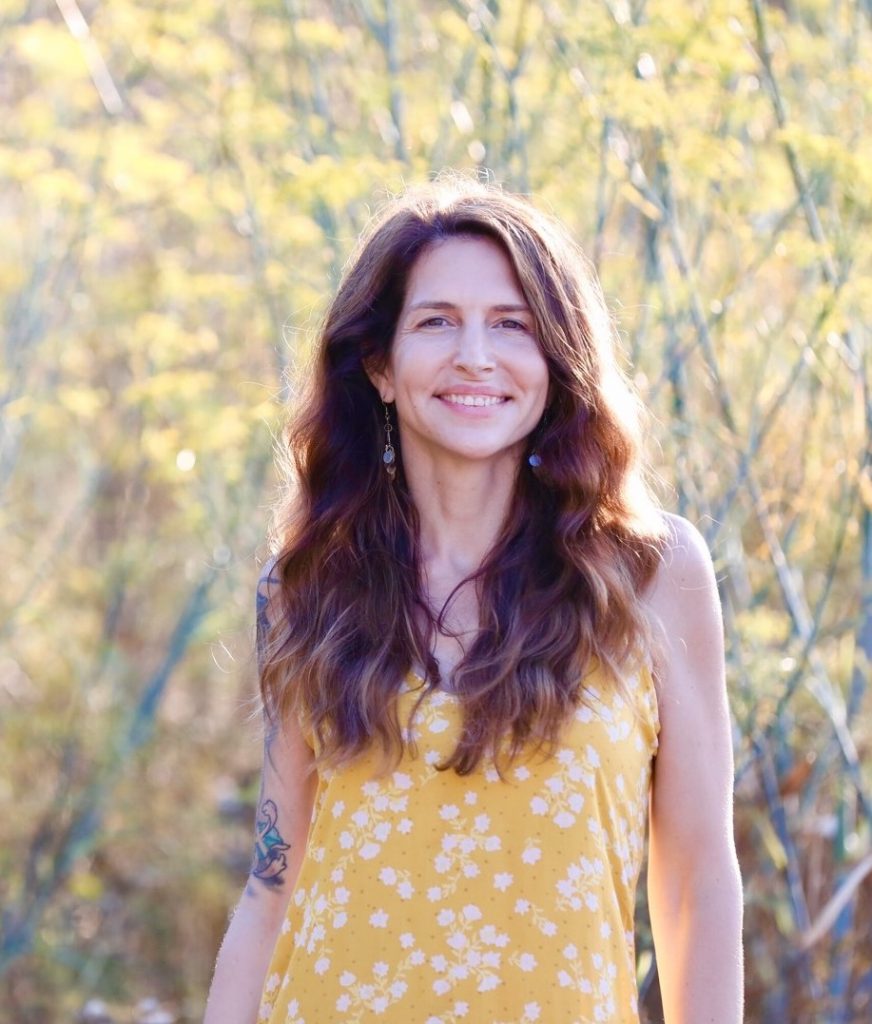Often, when we think about trust, we think about whether or not the other person is trustworthy—whether or not they\’ve shown themselves to be someone who has a character worthy of our trust. Because of this, we go around evaluating people based on whether they meet our criteria; if they do, we trust them. It is important that we learn to see what is and is not trustworthy behavior; however, this is not the end of the story.
If we have experienced a breach of trust at some point in our lives—and most of us have, some of us to an extreme degree—it disturbs or breaks down our ability to clearly see another person\’s behavior.
Because of this, we might be blind to some untrustworthy characteristics or not see them so clearly. And we might actually be skeptical of somebody who is trustworthy. Our ability to gauge whether or not we should trust gets impaired by the filters that we wind up looking though because of our past betrayals. Maybe you\’ve had this experience; maybe you trusted somebody who really was not so trustworthy or did not trust someone who turned out to be worthy of your trust.
This is one reason why this defensive analysis of who is and isn’t trustworthy is not totally reliable.
The more that we play by this game, the longer our list of what is untrustworthy gets. Our distrusting story looks like this: “I really can\’t trust people because I trusted this person after I ran them through my faulty evaluation system to figure out whether or not they were trustworthy, and they turned out to be another person who betrayed my trust. Therefore, I now know that I cannot trust people even more completely than I did before. I have tried. People, across the board, are untrustworthy.”
So, as our life goes on, we have a smaller and smaller group of people whom we are willing to trust; sometimes, it comes down there being nobody, really, whom we\’re willing to trust. We might feel like we trust some people a little bit with certain things, but deep down we don\’t really trust that anyone is going to do right by us.
This erosion of trust in our lives creates all sorts of problems. We become cynical and shut down. When we are not trusting, we feel we need to constantly protect ourselves. What other choice do we have if we cannot trust anyone? Consciously or not, we feel unsafe because the people around us are untrustworthy. We lose sight of what it feels like to have a deeper, more trusting connection with others.
It is a problematic situation. So, how do we find our way back to trust if we can\’t trust our own judgment? The good news is that there are a number of different ways to do just that.
Trusting Ourselves: More than learning to trust others, we benefit from learning to trust ourselves. This means (in part) acting in ways toward yourself that are supportive, kind, and honest. It means taking responsibility for poor choices, learning from them, and making a commitment to do better. It means acknowledging yourself for all of the good choices that you have made along the way.
Learning the Signs: Chances are we learned some bad cues when we were growing up. We may have put a bad behavior into the category of a loving behavior because of our experience. As adults, it is important to learn what is healthy and what is unhealthy, who is trustworthy and who is untrustworthy, so that we can choose the right people to keep in our lives.
Healing the Past: Part of why we do not trust is because of how we have been hurt in the past. It is only through fully healing our old wounds that we become free to embrace a whole new life. This healing requires us to accept what happened and offer forgiveness where necessary. As we do this, the distortions these old hurts have created in our present life are lifted, and we find ourselves able to make better choices.
Trusting Again: As simple as it may sound, one of the ways that we heal our wounds with trust is to try to trust again. It is through trusting that we have the opportunity to be proven right. One of the most helpful things we can do is to turn our story about trust on its head. We so often focus on the few people or situations that broke our trust; however, they are actually the minority. More frequently, there are many more people in our lives who have done right by us than who have done us wrong. Focusing on what has worked helps to restore trust.
For more about discerning trustworthy people take a look at my article >>> \”Should I Trust You: What Does a Trustworthy Person Look Like?\”

